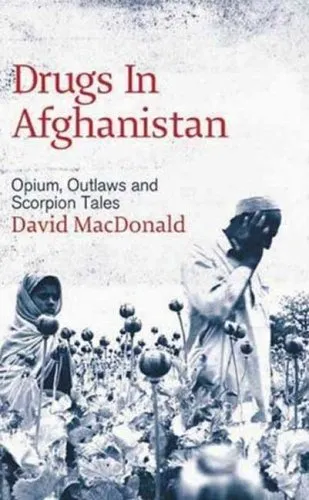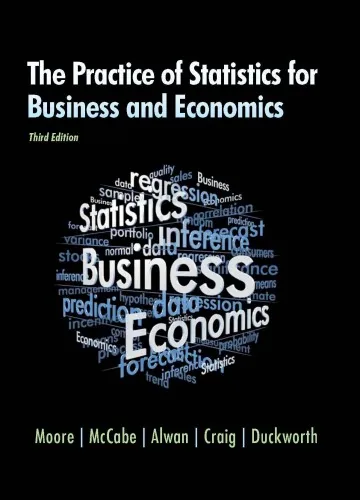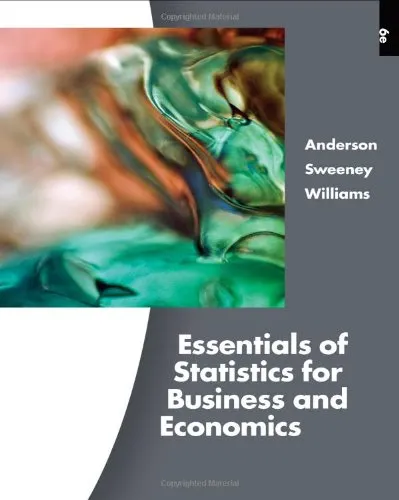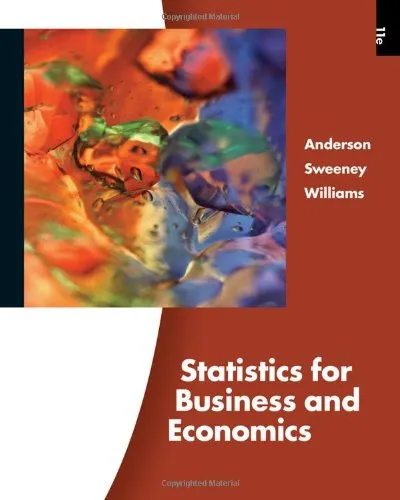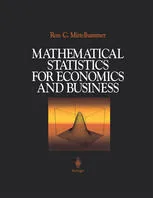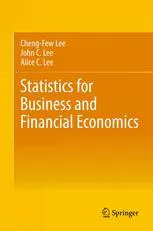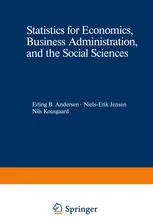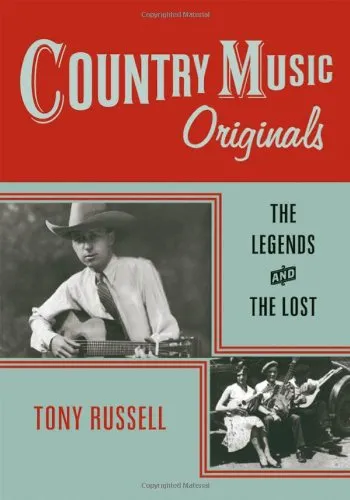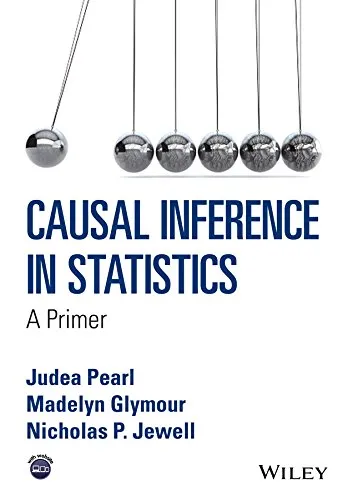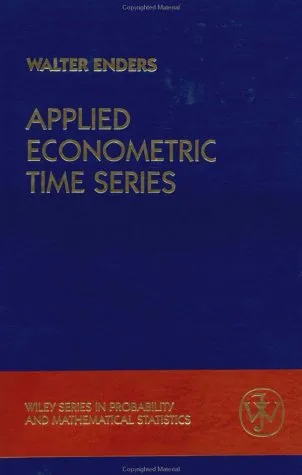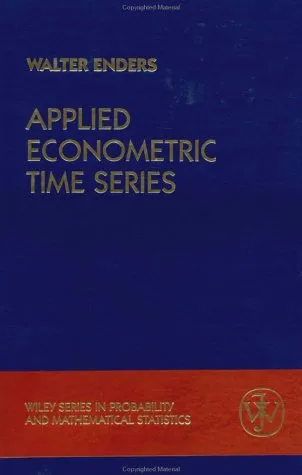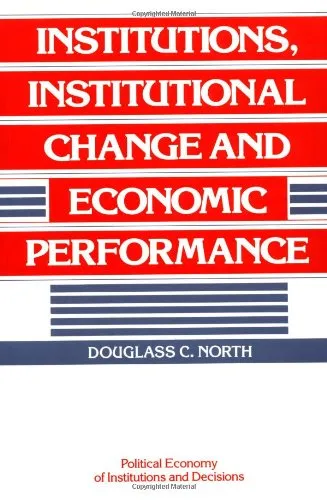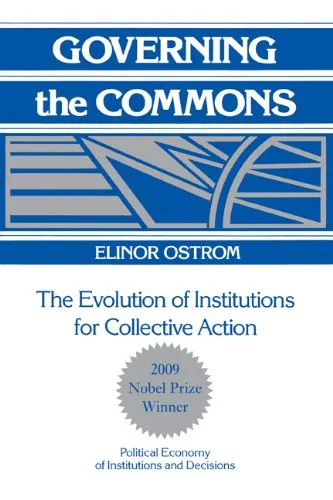Drugs in Afghanistan: Opium, Outlaws and Scorpion Tales
4.5
بر اساس نظر کاربران

شما میتونید سوالاتتون در باره کتاب رو از هوش مصنوعیش بعد از ورود بپرسید
هر دانلود یا پرسش از هوش مصنوعی 2 امتیاز لازم دارد، برای بدست آوردن امتیاز رایگان، به صفحه ی راهنمای امتیازات سر بزنید و یک سری کار ارزشمند انجام بدینکتاب های مرتبط:
کتاب «Drugs in Afghanistan: Opium, Outlaws and Scorpion Tales»
کتاب «Drugs in Afghanistan: Opium, Outlaws and Scorpion Tales»، نوشته دیوید مکدونالد، اثری منحصربهفرد درباره نقش مواد مخدر در افغانستان است که عمیقاً به بررسی اثرات اقتصادی، اجتماعی و سیاسی تولید، توزیع و مصرف opium در این کشور میپردازد. این کتاب نه تنها به تجزیه و تحلیل تاریخی و کنونی این موضوع میپردازد، بلکه روایتی از مواجههی مردم افغانستان با چالشهای مرتبط با مواد مخدر ارائه میدهد. این اثر بهعنوان منبعی بینظیر برای پژوهشگران، سیاستگذاران و علاقهمندان به مسائل اجتماعی و جغرافیای سیاسی شناخته میشود.
خلاصه کامل کتاب
در قلب آسیای مرکزی، افغانستان مدتهاست که بهعنوان بزرگترین تولیدکننده opium در جهان شناخته میشود. این کتاب پژوهشی عمیق و جامع است که ریشههای تاریخی این صنعت غیرقانونی را بررسی کرده و به تحلیل نیروهایی که نقش اصلی در استمرار اقتصاد وابسته به مواد مخدر این کشور ایفا میکنند، میپردازد. دیوید مکدونالد نه تنها به بخشهای تجاری و اقتصادی زنجیرهی تامین opium پرداخته است، بلکه به تبعات اجتماعی گستردهای که این صنعت برای مردمان محلی و نظامهای حکومتی به دنبال داشته نیز اشاره میکند.
مباحث این کتاب از مزارع دورافتادهای که poppy در آن کشت میشود تا شبکههای پیچیده قاچاق که مواد مخدر را از افغانستان به بازارهای بینالمللی انتقال میدهند، گسترده است. در کنار این، نویسنده تجربههای شخصی کسانی را که در این صنعت مشغول به کار هستند، از کشاورزان تا دلالان و معاملهگران، به تصویر میکشد. این داستانها باعث میشوند تا خواننده بتواند پیچیدگیها و تضادهای این موضوع را عمیقتر درک کند.
نکات کلیدی
- نقش opium بهعنوان یکی از محرکهای اصلی اقتصاد افغانستان.
- چگونگی ارتباط شبکههای جرائم سازمانیافته با سیاستهای محلی و بینالمللی.
- تأثیرات مخرّب اجتماعی و اقتصادی تولید مواد مخدر بر جمعیت محلی.
- پویاییهای بازار بینالمللی مواد مخدر و ارتباط آن با جنگ و ناآرامی.
- تحلیلی از تلاشهای دولتهای خارجی و سازمانهای بینالمللی برای مقابله با تولید و قاچاق مواد مخدر، و ناکامیهای آنها.
جملات مشهور از کتاب
«در افغانستان، opium فقط یک محصول کشاورزی نیست، بلکه یک ابزار قدرت، بقا و جنجال است که زندگی هزاران نفر را از مزارع تا مرزهای بینالمللی شکل میدهد.»
«وسوسهی opium، مانند زهر عقرب، وعدهی شیرینی میدهد اما در نهایت تنها سم آن باقی میماند.»
چرا این کتاب مهم است
با توجه به اینکه افغانستان بیشترین حجم تولید opium در جهان را به خود اختصاص داده و این موضوع بهطور مستقیم با بحرانهای جهانی مرتبط است، این کتاب اهمیت ویژهای پیدا میکند. دیوید مکدونالد تلاش کرده تا پیچیدگیهای شبکههایی که مواد مخدر در آنها جریان دارد را به زبانی قابل فهم و علمی به تصویر بکشد. خوانندگان میتوانند از این کتاب برای شناخت بهتر تأثیرات اجتماعی و اقتصادی این معضل و یافتن راهکارهای مؤثرتر برای مقابله با آن بهره گیرند.
همچنین، این کتاب بهدلیل پرداختن به دیدگاههای مختلف، از کشاورزان فقیر گرفته تا سیاستمداران قدرتمند، درک عمیقتری از موضوع ارائه میدهد. این ترکیب از تحلیلهای آماری، مطالعات موردی و داستانهای واقعی باعث میشود تا کتاب «Drugs in Afghanistan» یکی از منابع بیبدیل در زمینه مواد مخدر و تجارت آن باشد.
Introduction to "Drugs in Afghanistan: Opium, Outlaws and Scorpion Tales"
"Drugs in Afghanistan: Opium, Outlaws and Scorpion Tales" is an incisive examination of the unintended consequences of Afghanistan's opium poppy economy and its intricate relationship with global geopolitics. Written by David Macdonald, this book delves deep into the socio-political fabric of Afghanistan to uncover how drugs, crime, and power are intricately connected. It explores far-reaching implications for both Afghanistan and the international community, making it a must-read for policymakers, researchers, and anyone interested in understanding one of the most complex and devastating conflicts of our modern era.
Through a blend of meticulous research, first-hand experiences, and vivid storytelling, the book paints an unsettling picture of how entrenched this illegal trade has become in Afghanistan’s economy and society, ultimately perpetuating cycles of violence and instability. "Drugs in Afghanistan" is not merely an analysis of the "opium problem" but also a window into Afghanistan’s history and the challenges of eradicating one of the major sources of global illicit drug supply.
Detailed Summary of the Book
David Macdonald provides a thorough narrative of Afghanistan’s opium industry, contextualizing it within the broader political, social, and economic dynamics of the country. The book examines the rise of opium production over the decades, particularly following the Soviet invasion and subsequent wars that decimated legitimate agricultural opportunities.
At its core, the book dissects the infamous nexus between warlords, international drug cartels, and political corruption in Afghanistan. Through case studies, on-the-ground interviews, and historical analysis, Macdonald reveals how drug cultivation became both a survival strategy for impoverished farmers and a potent weapon for insurgent groups such as the Taliban. Furthermore, the book highlights how international strategies to combat narcotics often produced unintended consequences, sometimes exacerbating the problem instead of solving it.
Macdonald doesn’t shy away from addressing the role of foreign nations, including the United States, which infamously funded groups during the Cold War that later became key players in the illicit drug trade. By doing so, the book underscores the global dimensions of the opium crisis and the complicity of both local and international actors in perpetuating Afghanistan’s drug-fueled instability.
Rich in insights, the book also explores potential solutions, albeit through a critical lens, questioning the effectiveness of policies traditionally employed by international agencies and governments to combat the opium trade.
Key Takeaways
- Afghanistan is the world’s largest producer of opium, and this trade profoundly shapes its economy, politics, and society.
- Efforts to eradicate the opium economy often fail because they address the symptoms rather than the root causes of poverty and political instability.
- The global war on drugs cannot be won in isolation; it is deeply interconnected with political agendas, local culture, and global economics.
- The opium trade empowers warlords and insurgents, fueling ongoing cycles of violence and undermining governance.
- A sustainable solution must balance eradication and substitution with long-term investments in rebuilding Afghanistan's legitimate economy.
Famous Quotes from the Book
"In a nation ravaged by war and poverty, opium is not merely a crop—it’s a currency, a weapon, and a symbol of survival."
"The road to eradicating the opium trade in Afghanistan does not run through poppy fields but through the hearts and minds of its people."
"Afghanistan's opium economy is not an isolated phenomenon; it is a global problem that finds its roots in local suffering."
Why This Book Matters
"Drugs in Afghanistan: Opium, Outlaws and Scorpion Tales" matters because it forces readers to confront the uncomfortable truths about the global drug trade. It dismantles simplistic solutions to the opium crisis and challenges the narratives often perpetuated by policymakers and media about the so-called "war on drugs." More than just a book about Afghanistan, it is a lesson in how deeply interconnected our world has become, where the struggles of a farmer in Helmand province can ripple across continents.
Importantly, this book humanizes those caught in the crossfire of this multibillion-dollar industry. Whether it’s the farmer cultivating poppies to feed his family, the addict in another country grappling with dependency, or the soldier trying to enforce eradication programs, their stories are all tied to a system much larger than themselves.
In shedding light on the complexities of Afghanistan’s narcotics crisis, the book is not only a tool for academic debate but also a benchmark for informed policymaking. It invites you, the reader, to think critically, empathize deeply, and engage meaningfully with one of the most pressing challenges of our time.
دانلود رایگان مستقیم
شما میتونید سوالاتتون در باره کتاب رو از هوش مصنوعیش بعد از ورود بپرسید
دسترسی به کتابها از طریق پلتفرمهای قانونی و کتابخانههای عمومی نه تنها از حقوق نویسندگان و ناشران حمایت میکند، بلکه به پایداری فرهنگ کتابخوانی نیز کمک میرساند. پیش از دانلود، لحظهای به بررسی این گزینهها فکر کنید.
این کتاب رو در پلتفرم های دیگه ببینید
WorldCat به شما کمک میکنه تا کتاب ها رو در کتابخانه های سراسر دنیا پیدا کنید
امتیازها، نظرات تخصصی و صحبت ها درباره کتاب را در Goodreads ببینید
کتابهای کمیاب یا دست دوم را در AbeBooks پیدا کنید و بخرید
1424
بازدید4.5
امتیاز0
نظر98%
رضایتنظرات:
4.5
بر اساس 0 نظر کاربران
Questions & Answers
Ask questions about this book or help others by answering
No questions yet. Be the first to ask!
